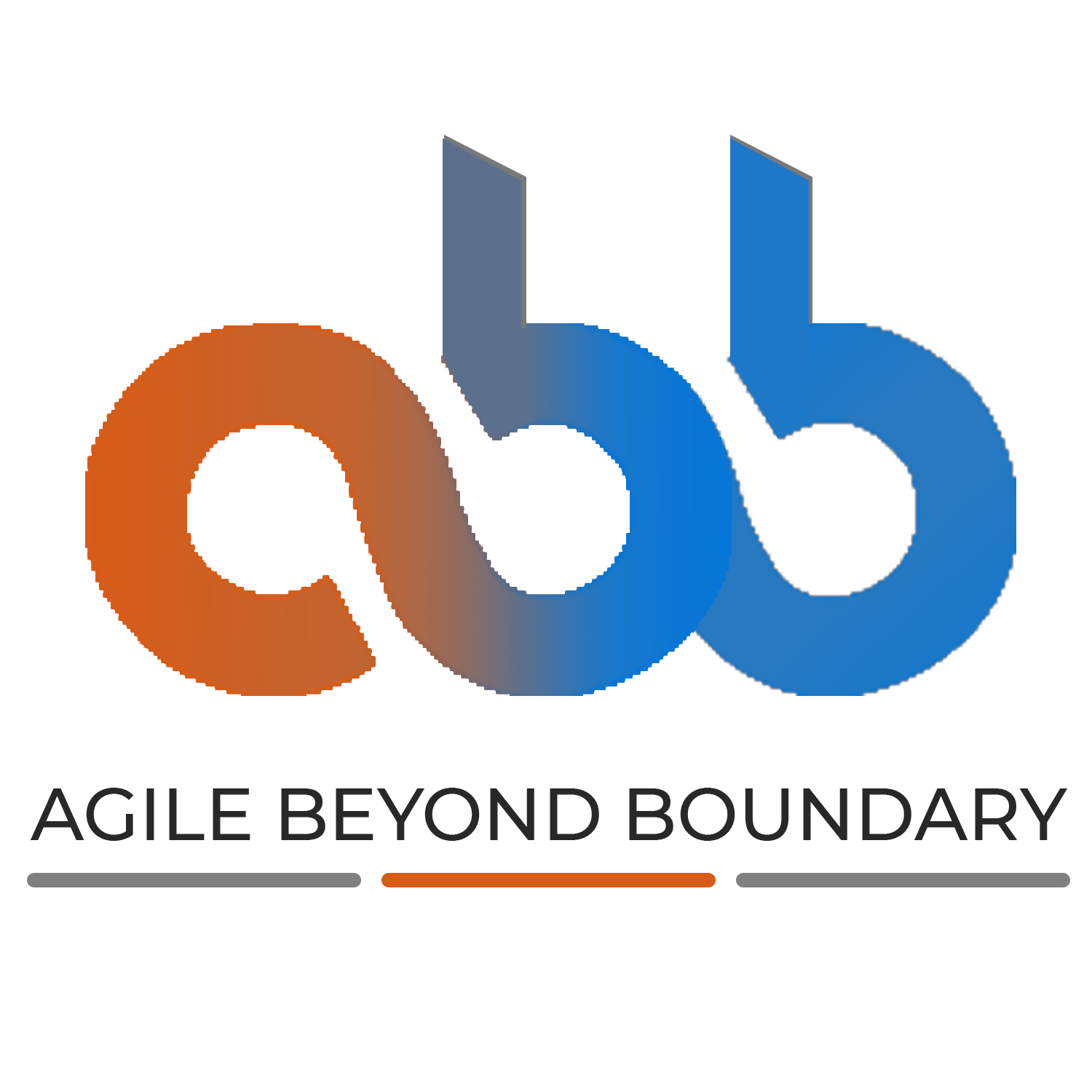Get yourself ready for scaling your Agile Knowledge - Get in touch with us for Fantastic training by Industry-leading trainers
What Titanic and Maglev tell about Project Success vs Product Success
In 1997, titanic movie hits the screen to become the most successful movie in history; and in 2004, the shanghai Maglev trains services started, that can run at a top speed of 431 km/h. You must be wondering, what is the relation between titanic a movie, and maglev the train services? Well, these two together is a wonderful example to understand the difference between ‘project success’ and ‘product success ‘
Let’s first look at the maglev or magnetic levitation train. The project completed within 3 years, well within time; at the cost of 1.2 bn$, while initial estimation was close to 2 bn, and it covers entire 30.5 km tracks. Being under budget, well within time, full scope, and high quality, it was a super successful project. But it turned out to be a disastrous product.
The high running cost translated into higher ticket fair; people opt for maglev for one time experience, but don’t use for regular commutation, it’s not viable. Except for tourists, there are very few or no takers. On the other hand, for the Chinese government, it was a flagship project, it’s a matter of prestige, so they keep on running it despite huge losses. End up being a white elephant.
Now, let’s look at the Titanic movie; it was the most expensive movie ever made with a production budget of 200 mn $, almost 40% more than initial estimation; it was delayed by almost 18 months, and the original plan was to make a 3D movie, which they couldn’t. With budget overrun, over delayed, and under-scope, it was a failed project. But then it was an astonishing successful product. Titanic became the first movie ever to crosses bn $ mark and it earned over 2bn$; It won 11 Oscars and later released worldwide in multiple languages and it was a sensational hit in every country.
I took an extreme example of a successful project that turns out to be a flop product, and a failed project that became a resounding success as a product, it doesn’t mean it is always like this; the key message here is “a successful project doesn’t mean the product will be successful.”
What you are chasing for – a successful project or a successful product. Don’t answer to anyone else, rather you should only answer to you. One should keep asking this question while making a decision – am I contributing or driving for the project success or the product success.
